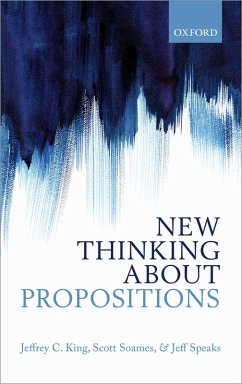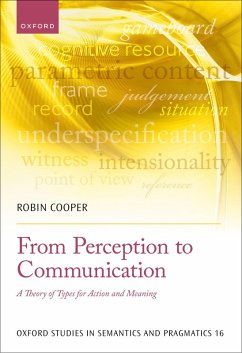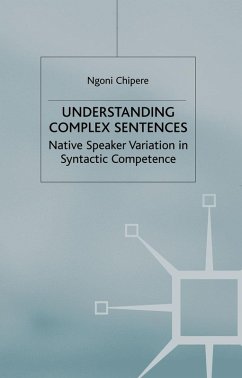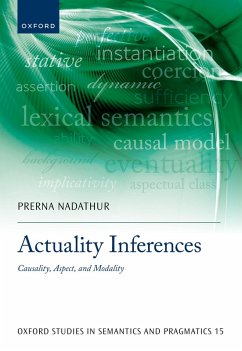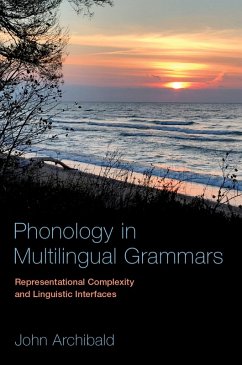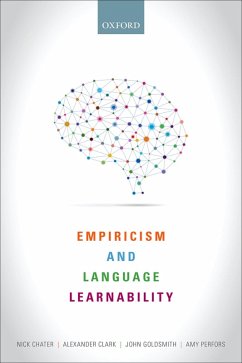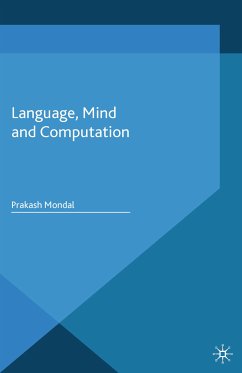
Logic in Grammar (eBook, PDF)
Polarity, Free Choice, and Intervention

PAYBACK Punkte
12 °P sammeln!
This book investigates the relation between language and logic. Gennaro Chierchia looks at the way syntactic and inferential processes interact in determining polarity sensitive and free choice phenomena. He analyses these as a form of grammaticized scalar implicature and seeks to identify the common core of the polarity system by examining many of its manifestations as well as the choices that determine its diversity. To do so he reassesses the relations between syntax, semantics, and pragmatics and in the process makes startling insights into the relation of syntax to logic. Rudolf Carnap's ...
This book investigates the relation between language and logic. Gennaro Chierchia looks at the way syntactic and inferential processes interact in determining polarity sensitive and free choice phenomena. He analyses these as a form of grammaticized scalar implicature and seeks to identify the common core of the polarity system by examining many of its manifestations as well as the choices that determine its diversity. To do so he reassesses the relations between syntax, semantics, and pragmatics and in the process makes startling insights into the relation of syntax to logic. Rudolf Carnap's classic, The Logical Syntax of Language, defines syntax as a lexicon and a set of formation rules and logic as a set of inference rules. Modern generative linguistics maintains a similar modular approach: a combinatorial apparatus is said to generate structures over which semantic and pragmatic relations, such as presupposition and implicature, are defined. This book argues by contrast that many structures typically perceived as syntactically deviant owe their status to their logical properties, in other words to whether they are contradictory or analytically true in specific ways. This alters the Carnapian view. The characterization of grammatical structure requires a more direct role of logical inferences: the functional lexicon of grammar comes, Professor Chierchia shows, with a set of inference rules that crucially and directly determine grammaticality patterns. Logic in Grammar presents the results of the author's decade-long work on pragmatics and scalar implicatures and extends his long-term project on how humans reason and categorize the world. It is a book that will interest linguists, philosophers, and cognitive scientists alike.
Dieser Download kann aus rechtlichen Gründen nur mit Rechnungsadresse in A, B, BG, CY, CZ, D, DK, EW, E, FIN, F, GR, HR, H, IRL, I, LT, L, LR, M, NL, PL, P, R, S, SLO, SK ausgeliefert werden.




